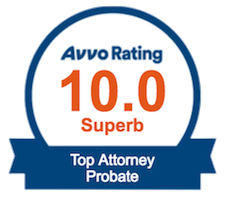Understanding Probate: Essential FAQs
Have you been advised to sidestep probate but find yourself uncertain about what it actually entails? Let’s demystify the process for you with some fundamental insights.
What Is Probate?
Probate refers to the judicial procedure that commences posthumously. It involves several key steps:
- Legally affirming the deceased’s will
- Cataloging the decedent’s assets
- Appraising the assets
- Settling debts and taxes
- Allocating the remaining assets according to the will or, in the absence of a will, state law stipulations.
This procedure often necessitates meticulous paperwork and potential court attendances by attorneys. The expenses for legal and court services are deducted from the estate, diminishing the amount ultimately received by the beneficiaries.
In practical terms, probate commences with the executor named in the will—or an appointee by a judge if no will exists—submitting required documentation to the probate court. The process spans several stages including validating the will, detailing the property and debts, and informing relatives and creditors.
The executor is entrusted with safeguarding and managing assets throughout this period, which can range from several months to a full year. Depending on your will’s specifics and the nature of your debts, assets may need to be sold to cover bequests and obligations.
In some instances, immediate family members might request interim support from the court while probate is ongoing. Ultimately, the court authorizes debt and tax payments and the distribution of the remaining estate to the beneficiaries specified in the will, thus completing the transfer of ownership.
Is Probate Necessary for All Assets?
No, not every asset must undergo the probate process. Certain states enable a portion of the decedent’s property to bypass probate or utilize an expedited procedure. For instance, California allows up to a certain amount of assets to be transferred without formal probate and has easy transfer terms for property directed to a surviving spouse.
Moreover, assets outside the purview of the will, such as those held in joint tenancy or a living trust, are exempt from probate.
Who Manages the Probate Process?
Typically, the executor nominated in the will takes charge of probate. In the absence of a will, or if the will does not name an executor, this duty is assigned by the probate court to an administrator, usually the closest eligible relative or the main beneficiary.
If probate is not mandated, there will be no appointment of a formal administrator, and instead, an informal estate representative, often a family member or friend, assumes the role of managing estate duties.
Is Avoiding Probate Advisable?
Consider bypassing probate, as it can be costly and time-consuming for your beneficiaries without providing significant benefits. The decision to avoid probate takes into account various elements, such as your age, health, and the extent of your assets.
For younger individuals in good health or those with minimal assets, elaborate probate-avoidance planning might be premature or unnecessary, especially if your estate falls within your state’s probate exemption. Conversely, for older adults, those in poor health, or with considerable assets, proactive planning to avoid probate might be a prudent step.
For assistance in navigating the intricacies of probate or crafting a strategic estate plan to circumvent it, turn to the experienced team at Goldberg & Goldberg. Contact us today at (301) 654-5757 for a Free Consultation and begin securing your legacy with confidence.




